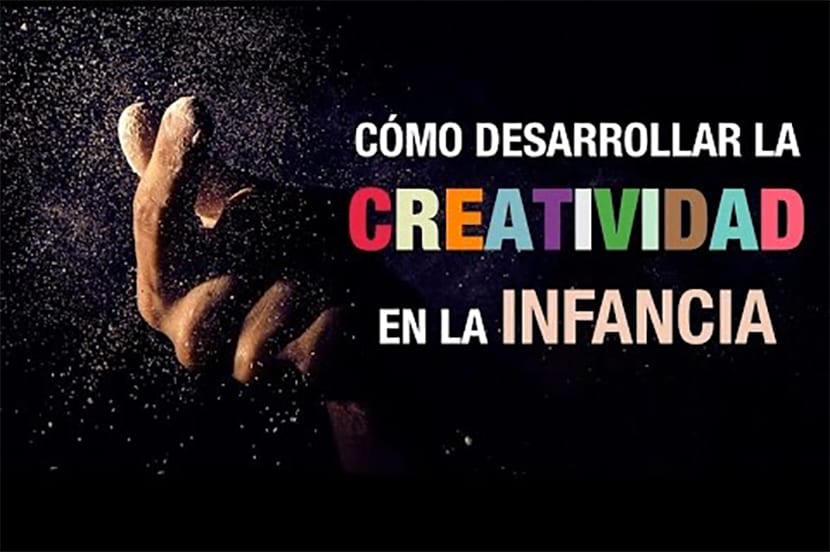
Why are some people tremendously creative and others not so creative? What factors determine this quality in a human being? Undoubtedly one of them is education and the stimulation that is received in childhood. Today we have Sandra burgos de 30k coaching. In this micro-training you will address one of the most controversial and debated topics in our field. Can creativity be stimulated and promoted from childhood?
Remember that you can subscribe to su Youtube channel In order not to miss any of his micro-training on leadership and social intelligence, you can also subscribe to our channel where he will talk to us about problems and issues in our sector that I am sure will interest you a lot. Enjoy this video! Take note!
Next we will see with Sandra and very briefly, what are the 8 skills that, working well in childhood, give rise to an excellently developed creative thinking. We started!
- Conflict resolution
The first skill to develop creativity in childhood is problem solving. Play with your daughter or son to solve a wide variety of questions. It is not just that you know how to solve mathematical problems, but that you think about everyday questions. For example, you can ask how a man who lives on a XNUMXth floor could clean the blinds on the outside.
- Introspection
The second skill for developing creativity in childhood is introspection. The more dynamic a child is, the less opportunities for introspection they usually enjoy in their daily life. Make sure he spends some time, often, thinking about himself or herself. Play games of self-awareness and self-awareness. For example, you can take advantage of one of his anger to ask him to explain how he feels, what he thinks makes him feel this way, how he thinks he will feel if someone helps him.
- Sense of perspective
The third skill for developing creativity in childhood is a sense of perspective. This is a bit more complex to work spontaneously. You may need to provoke the situations to put this skill to use. Search the internet, for example, for moral dilemmas. They tend to make children position themselves based on their beliefs and then rethink their position by adding small details to the stories.
- Empathy
The fourth skill for developing creativity in childhood is empathy. You will have many opportunities to work on this aspect with your son or daughter. For example, when you see someone sad or angry on the street, you can ask them how they think they feel and what they think may have happened to make them feel that way. It's more! When you read him a story, you can ask him why he thinks each character acts the way he acts ... even the bad guys!
- Resilience
The fifth skill for developing creativity in childhood is resilience. This is about being able to feel good again after an unpleasant experience. Obviously, it is not about causing unpleasant experiences to give him a chance to collect himself. But it would be good if you take advantage of all those that naturally occur to teach him to overcome them and show him that the transition from one emotional state to another is a decision that only he or she can make.
- Efficient communication
The sixth skill for developing creativity in childhood is efficient communication. And do you know what is the only way for your son or daughter to work on this skill? Well communicating. Everything you can and in all the formats that you can think of. Have conversations with him every night, ask him to draw his friends and to explain the drawing to you, suggest that you invent a song together to thank Grandma for her cake ... and very important: do not forget that communication It is not only expression, but also listening and interpretation. For this, there is nothing like asking him questions, questions and more questions about what other people say, do, draw, sing ...
- Teamwork
The seventh skill to develop creativity in childhood is teamwork, and this is one of the easiest to provoke. Play with him or her, negotiate the rules of the game beforehand, agree what will happen if someone breaks a rule. On the other hand, you can make a cake and decide who will do what, or distribute tasks when placing the purchase on the kitchen furniture.
- Healthy risk taking
The eighth and final skill for developing creativity in childhood is healthy risk taking. Your daughter or son should know that, sometimes, in decisions there is no obviously correct option. Sometimes you have to risk making a decision not knowing very well what the result will be, that is, risking that this result is not the one we want. Show him examples of this and, when possible, make him a participant in the decision.